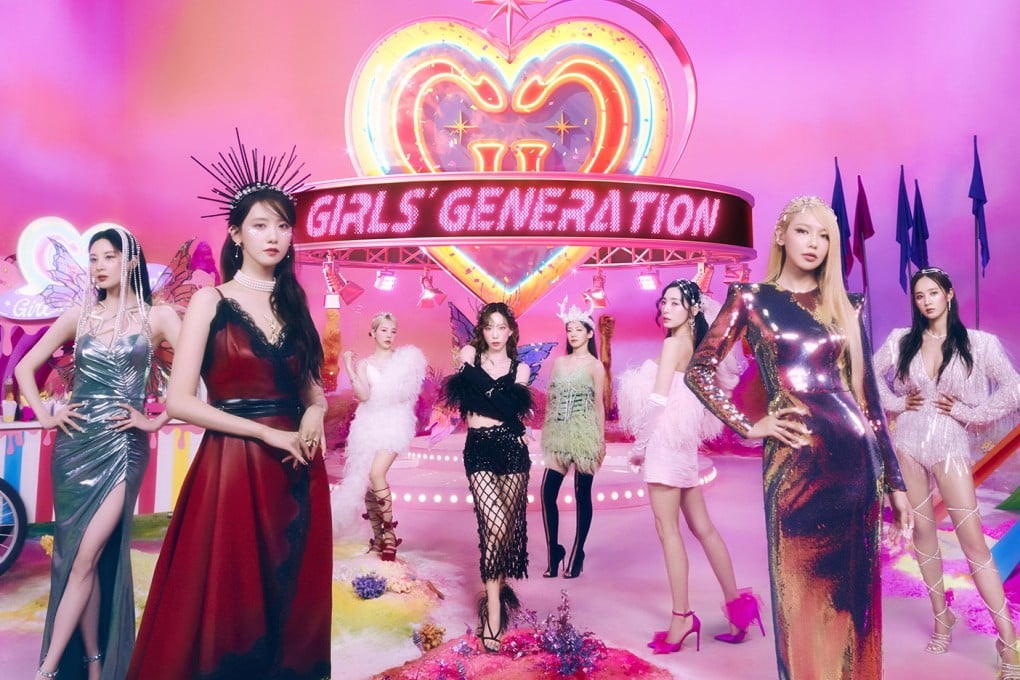Opinion | Why it matters that Girls’ Generation are still making music 15 years in, with Forever 1 – most K-pop girl groups don’t last half that long
- Girl groups, as the name suggests, aren’t supposed to last long into adulthood, yet here are Girls’ Generation, eight thirtysomethings still putting out albums
- For fans who grew up listening to Girls’ Generation songs such as Gee, Genie and I Got A Boy, their commitment to the group, and its longevity, are inspiring

January 31, 2012. Queens, New York City. I was sitting in my college flat living room, watching the entirety of David Letterman’s late night show probably for the first time in my life, eagerly waiting to see Girls’ Generation perform their 2011 hit The Boys.
As a fan of the act since high school (they debuted in 2007, and I first encountered them in 2008), seeing them make their US television debut was one of those moments that I had been anticipating for years.
August 5, 2022. Still New York, but no longer in my college flat. Feeling a similar thrill, a pandemic and a decade later, at seeing Girls’ Generation make their mark once again, this time with the release of their 15th-anniversary music video Forever 1, their first single as a group in five years.
It’s full of small Easter eggs: the eight women portray glam counterparts of themselves in their day-to-day lives as superstars in a variety of fields of entertainment, coming together to lift a trophy as a testament to their legacy.
There are nods to previous releases via album posters and song titles that appear as if by random, and a twinkling bar of Into the New World, their debut single, which has gone onto become a social justice anthem.